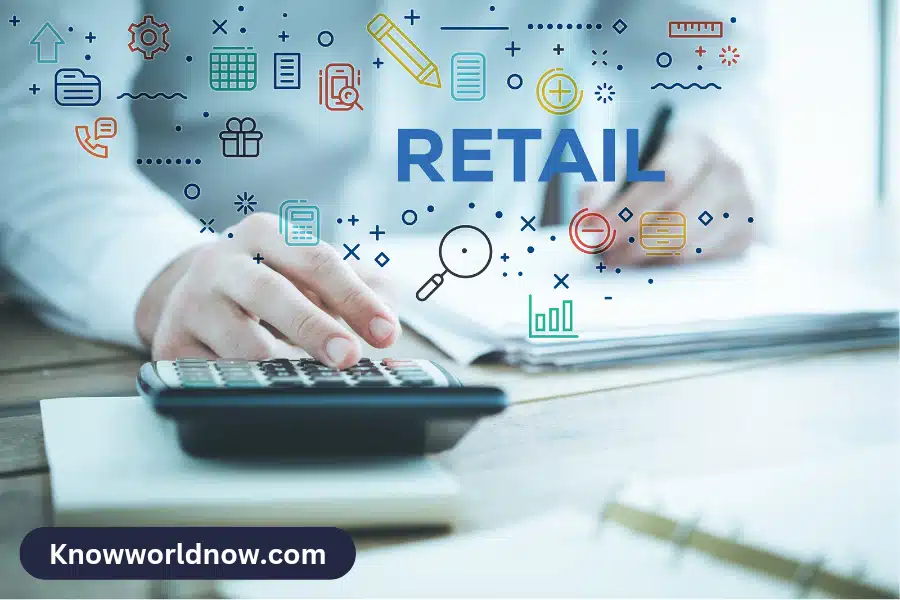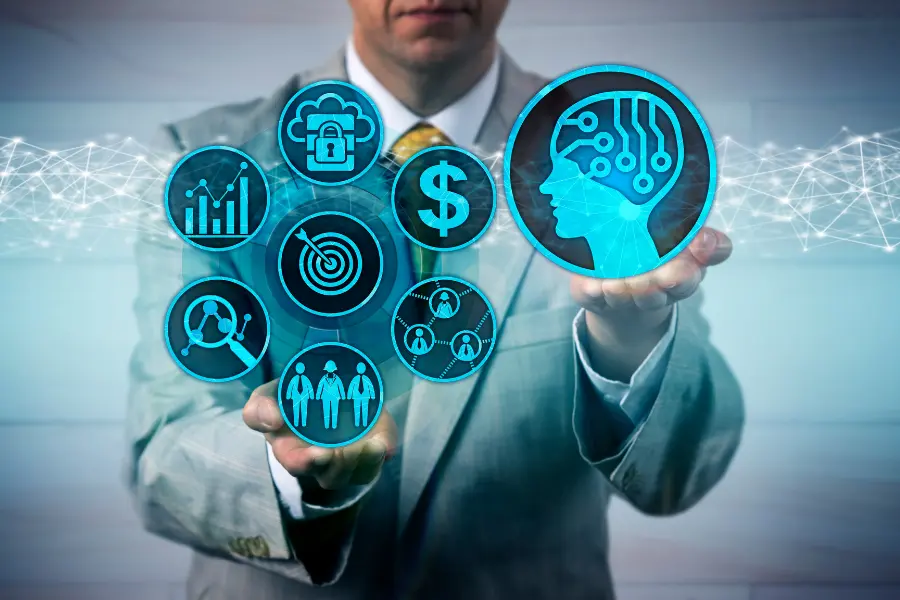Location-based analytics in real-time is the most exciting thing in the retail sector in the past decade. Companies are leveraging the use of location tracking in their systems for online and offline work. Furthermore, mobile devices are in trend for not just connecting people with the rest of the world, but also being powerful devices that use WiFi, Bluetooth and other technology to upgrade the physical world of retail.
Early adopters of this technology are already acing their game in the industry they’re in. The data attracts the best people by placing the brand on the map. It also creates special customer profiles and identifies the following:
- Customer traffic
- Purchasing trends
- Competitor visits
- Sale insights.
4 ways how location tracking revolutionized retail
Location-based technology is the emerging technology that will shape the retail and commerce sector. The four ways in which it has transformed the retail industry are:
Better marketing
One of the most important ways in which location-based technology has enhanced retail operations is through location-specific marketing. More retail companies are able to create advertisements that target customers in a specific geographical location. With real-time location tracking, the goal is to increase the footfall at stores in the area.
The location-based technology has helped businesses to understand their own strengths and weakness in marketing. Whether it’s understanding the dynamics of the market they’re in or creating a robust profile in the market, the results of which determine marketing campaigns and turnover rates. Local demographics also give an insight into the effect of certain customer characteristics on the store’s overall performance.
Supply chain management
Long gone are the day of manually overseeing the ins and outs of products and services in retail stores. With end-to-end real-time location tracking, retailers can track the location and status of products/services throughout the supply chain. When retails have information on where their products are in their journey from the manufacturer to the store, they can:
- Optimize logistics operations
- Ensure timely delivery.
When it comes to customers, they have greater freedom in the retail store they frequent. Whether it’s furniture or a packet of coffee beans, they can check the location of their products till they finally reach home. Furthermore, they also get real-time data on the availability of products/services at retail stores, thereby influencing their buying decisions. At the end of the day, the main role is of the retailer as a well-stocked store and an advanced tracking system can make more people their repeat customers.
E-commerce operations
Real-time location-based technology can help retailers to understand their customers’ tastes and preferences intimately. They can observe the changing trends and needs, which will further help in the development of successful marketing campaigns. For example, if a customer searches for the latest Adidas sneakers, they may get a notification that the product is available at a nearby store for a better price.
With data analytics based on geography, retailers can use the latest technology to automatically fill their stores with those products that are in demand. This will eventually increase footfall in the store and also, improve e-commerce habits. They can either stock up on their needed products by visiting stores or purchasing online, wherever the offer is better.
Inventory and operation management
Inventory is another critical area that the retail industry deal with on a daily basis. Real-time tracking technology simplifies this sector by tracking the movement throughout their stores. Doing so will help you in:
- Identify products in demand
- Ensure full stock on shelves
- Understand product trends
- Making adjustments in inventory.
Additionally, artificial intelligence in the retail sector, specifically for location-based service, enables retailers to stay on top of their game. They can use it to identify what their competitors are offering and create better products/services to attract consumers. It helps in improving customer shopping experiences by ensuring that stocks never run out in the store, thereby not giving any opportunity for them to shift to other retailers.
Ushering in the era of real-time location tracking
These days, companies are approaching new technologies to automate and upgrade their services. Retailers are no different. Location-based analytics with location-tracking technology has become a must-have tool for designing, managing and measuring retail experiences. The next few years will determine the market demand for certain retail leaders who use this technology in their operations.




